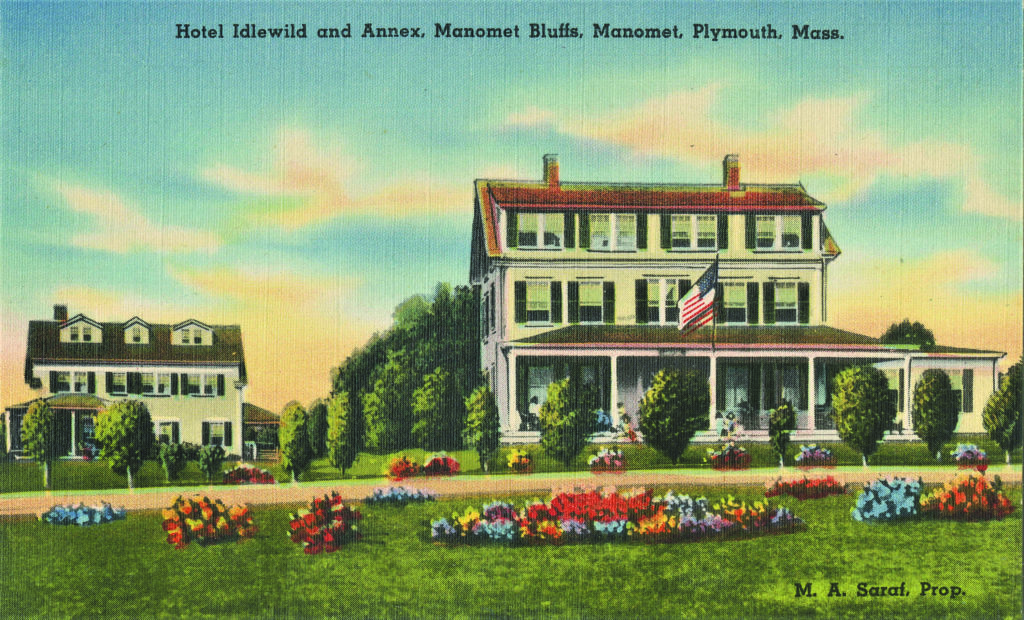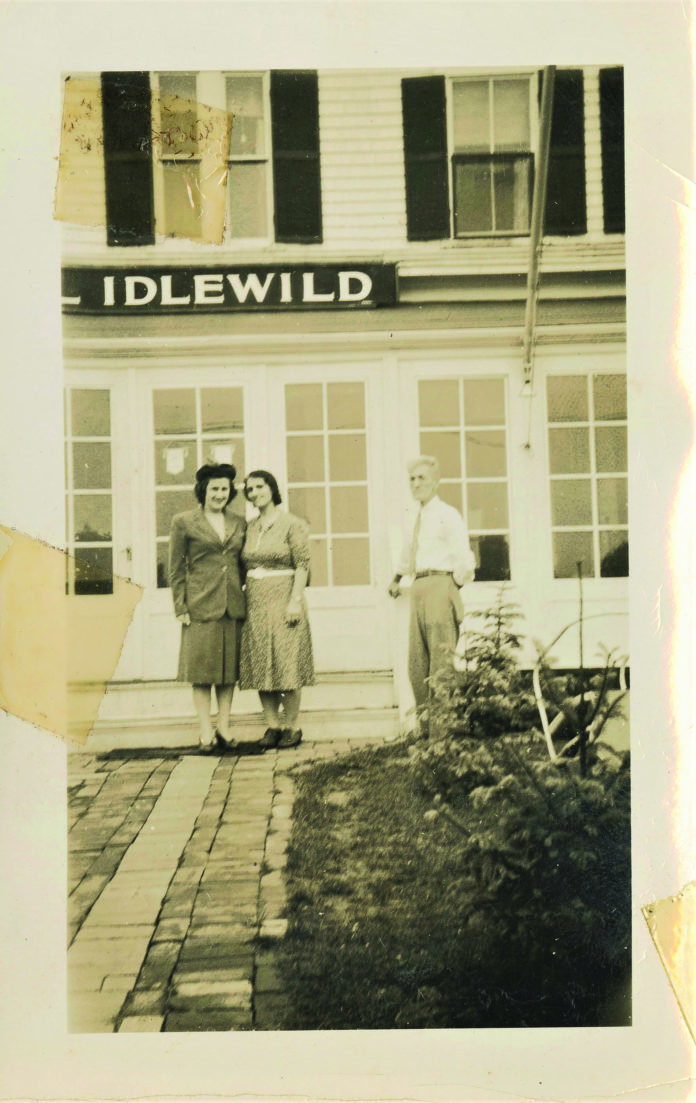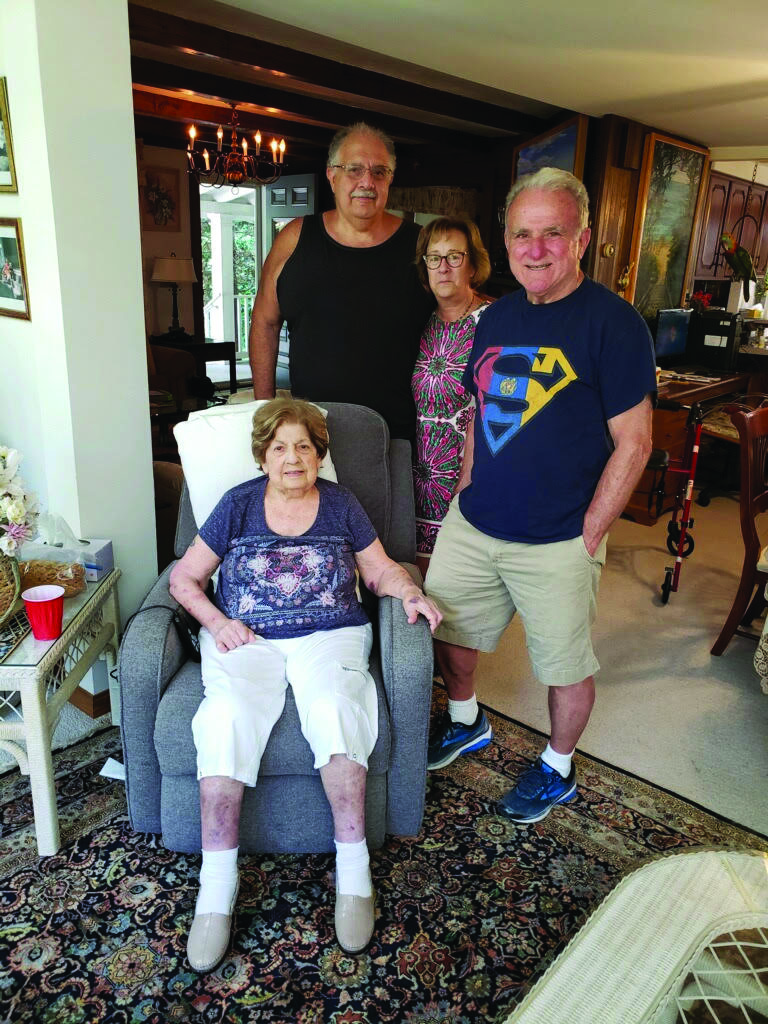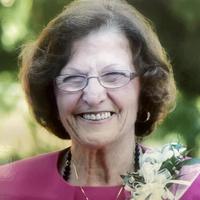By David Kindy
PLYMOUTH, Mass. (Old Colony Memorial Newspaper) — This is a story about summer, baseball and a joyful clash of cultures on the beach. It’s about food, dances, music, sleepovers and a close-knit neighborhood. It’s about kids playing outside well after dark and parents making sure no one got hurt or crossed too far over the line.
This is a story about summer, baseball and a joyful clash of cultures on the beach. It’s about food, dances, music, sleepovers and a close-knit neighborhood. It’s about kids playing outside well after dark and parents making sure no one got hurt or crossed too far over the line.

For a time, a four- or five-block section around the Idlewild Inn in Manomet was a glorious mixture of ethnicities and eccentricities. This quaint collection of cottages and summer homes was awash in the cultures and customs of a different land that many in other parts of Plymouth would have found unusual, to say the least.
From the 1930s through the 1970s, the sounds of curious music echoed from the Idlewild every Saturday night during the summer. Unusual aromas of ethnic food cooked by elderly women who barely spoke English wafted around and through nearby homes, tantalizingly teasing neighbors and passersby alike.
Yet, no one seemed to mind or care about the differences. In fact, they were celebrated and embraced at neighborhood parties, on sandy beaches, around backyard grills and on the local baseball field, where the community came together to celebrate the warm weather and relaxed atmosphere that was Manomet in this era.












